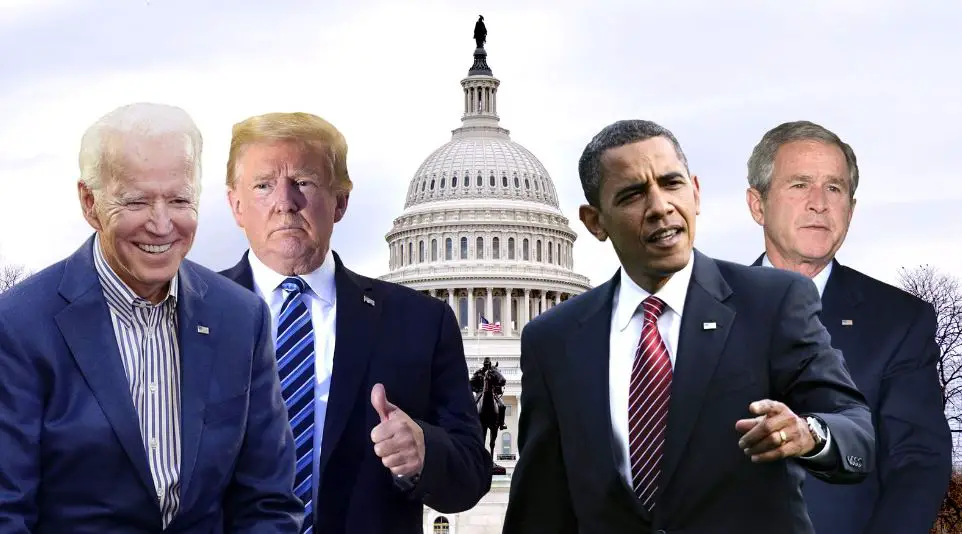The United States government has come under fire again from five leading international media houses accusing Washington of persistent persecution of media.
Today marks exactly twelve years ago since five international media outlets, including; The New York Times, The Guardian, Le Monde, El Pais and Der Spiegel published an open letter demanding “the United States government to stop its prosecution” against the whistleblower Julian Assange who revealed secret information in 2010.
These global media giants came together to publish, in collaboration with WikiLeaks, a series of revelations picked up by the media around the world.
More than 251,000 diplomatic cables from the United States Department of State were made public during this “Cablegate”, shedding light on several cases of corruption, diplomatic scandals and espionage operations around the world .
As the New York Times wrote at the time, the leaked documents told “the unvarnished story of how the government makes its most important decisions, those with the greatest human and financial cost to the country.
Today, in 2022, this exceptional documentary source is still used by journalists and historians alike, who still find material there for the publication of unpublished revelations.
Endless lawsuits
For the founder of WikiLeaks, Julian Assange, this “Cablegate” and several other “leaks” or leaks of sensitive documents had extremely serious consequences.
On April 12, 2019, Julian Assange, wanted on a US arrest warrant, was apprehended in London. For three and a half years now, he has been detained on British soil, in a high security prison which normally houses terrorists or members of groups linked to organized crime.
He risks being extradited to the United States, where he faces a sentence of up to one hundred and seventy-five years in a maximum security prison.
Our group of editors and managing editors, all of whom have had the opportunity to work with Julian Assange, found it necessary to publicly criticize his attitude in 2011 when uncensored versions of diplomatic cables were made public, and some of us remain concerned about the allegation in the US indictment that he aided in the computer intrusion into a classified “secret-defense” database.
But we stand together today in expressing our deep concern over the endless legal proceedings that Julian Assange is facing for collecting and publishing confidential and sensitive information.
The Obama-Biden administration, in power when WikiLeaks was published in 2010, refrained from suing Julian Assange, explaining that many journalists from several major media should also have been prosecuted. This position recognized freedom of the press as crucial, regardless of the unpleasant consequences.
But that view has changed under Donald Trump’s tenure: the Justice Department now relies on a law dating back more than a century, the Espionage Act of 1917.
Conceived during World War I to sue would-be spies, this federal law had never been used against journalists, media outlets or broadcasters.
Such an indictment sets a dangerous precedent, threatens the freedom of information and risks reducing the scope of the First Amendment of the United States Constitution.
A dangerous precedent
In a democracy, one of the fundamental missions of an independent press is to hold governments accountable.
Collecting and disseminating sensitive information is also an essential part of the daily work of journalists, when this disclosure proves to be in the public interest.
If this work is declared criminal, then not only the quality of public debate but also our democracies will be significantly weakened.
Twelve years after the first publications linked to “Cablegate”, the time has come for the United States government to drop its charges against Julian Assange for having published secret information.



















